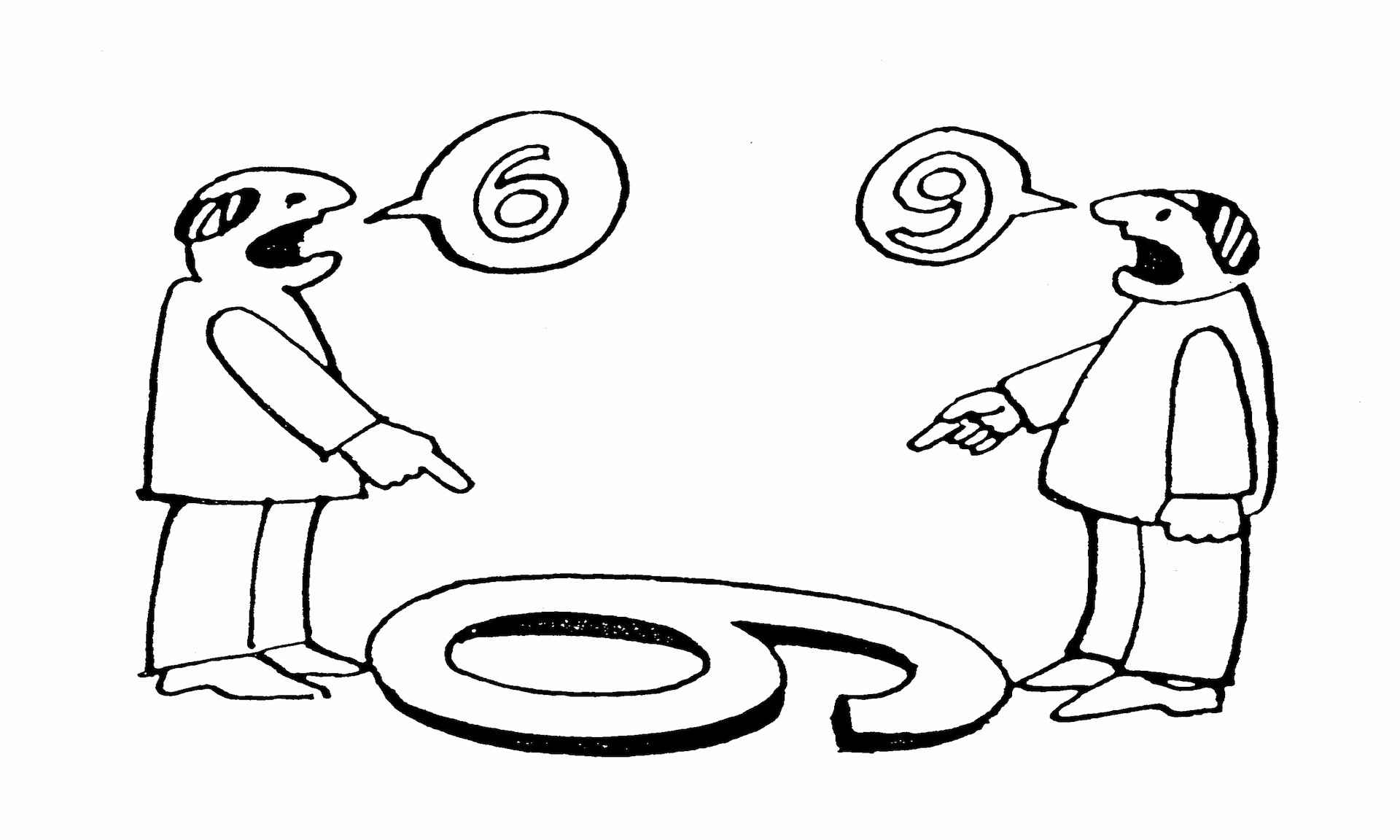
A Lack Of Empathy = A Lot Of Problems
It’s fair to say that (the majority of) Koreans are among the nicest people you’ll ever meet; my Korean friends have always gone above and beyond to help me, and strangers have done the same. Saying that, there are many aspects of Korean behaviour which irritates foreigners, leading people to moan and criticise Korea. And a lot of these problems arise from a lack of empathy, which leads to: not being understanding of other people, disregarding of people’s feelings, and a general lack of awareness towards others.
Koreans may be completely friendly and have good intentions, but a lack of empathy can lead to uncomfortable situations and problems… And here are a few of them:
- Driving and Parking
 It’s always seemed strange that the minute (most) Koreans get behind the wheel, they change into careless drivers, seemingly unaware of other people on the road. How many times a day do you witness near-crashes, or actual crashes, because someone has pulled directly in front of another, or cut through a red light, without pausing to think about pedestrians/cyclists crossing.
It’s always seemed strange that the minute (most) Koreans get behind the wheel, they change into careless drivers, seemingly unaware of other people on the road. How many times a day do you witness near-crashes, or actual crashes, because someone has pulled directly in front of another, or cut through a red light, without pausing to think about pedestrians/cyclists crossing.
In the same way, illegal and ridiculous parking is everywhere- vehicles blocking entrances, exits, pedestrian crossings, entire roads. The obvious question is ‘what were they thinking’, and the answer is, ‘they weren’t’. They didn’t stop to think about the person who feels scared when they cross the road, or annoyed that their car is blocked in.
Driving and parking can seem complete idiotic, and it all boils down to people simply not thinking about, or being aware of, other people. In other words, a total lack of empathy.
- Food And Drink
Here’s where Koreans have good intentions- to feed you nice food and drink- but their lack of empathy prevents them from understanding that people may not want to eat or drink… and it can lead to uncomfortable situations.
The most common situations are going out with Korean co-workers or friends, and being fed huge amounts of food and alcohol. It’s nice at first, but can get too much very quickly. I’ve been in situations when an extra bowl of rice was ordered before I’d even finished the first, plate after plate of noodles been given to me without having a chance to decline, and egg-fried rice was accepted on my behalf when I could barely finish the stew beforehand.
The same goes for alcohol- more and more ordered, but what if you don’t want shots of soju? If you’re worried about making a fool or yourself in front of your boss, of being sick or getting a hangover.
These situations perfectly demonstrate a lack of empathy: if one person wants 10 shots of soju, or a huge meal, they cannot understand that someone else might not feel the same. And in a culture where declining is deemed rude, it’s problematic (cue numerous occasions of overeating until you’re in complete pain).
- Spontaneous Plans
Again, intentions are good in these situations, but lack of planning ahead/ acting impulsively can be annoying for people who like a little notice. A good example is when your work colleague surprises you by telling you ‘oh, this evening, we’re being taken for food after school’.
‘Um, thanks, but I had plans…’
In their eyes, going out = fun, a treat, but they don’t understand that you might like to know in advance. It happens quite frequently and while it’s alright if you’re free, it can be a problem if you have to re-arrange plans with friends, or that Skype session with your family, etc.
- No Queuing
 It’s pretty obvious why lack of any queuing is annoying.The ticket-system in some places is great, because it forces people to queue. But otherwise, queuing in Korea can be pretty bad, and it’s linked, again, to people being unaware of the feelings of those around them. Not stopping to think, ‘oh that person might have been waiting for 20 minutes, I’ll let them go first’, but just barging ahead. Very irritating.
It’s pretty obvious why lack of any queuing is annoying.The ticket-system in some places is great, because it forces people to queue. But otherwise, queuing in Korea can be pretty bad, and it’s linked, again, to people being unaware of the feelings of those around them. Not stopping to think, ‘oh that person might have been waiting for 20 minutes, I’ll let them go first’, but just barging ahead. Very irritating.
- Doors/ Lifts
I’ve seen young women let a heavy door swing shut onto a tiny Ajumma and make her drop her shopping. I’ve had the same done to me. I’ve also had lift doors close on me, because no-one who saw me walking through the door bothered to hold it for 2 seconds.
It amazes me how (barely) anyone stops to hold a door open, or hold a lift for someone else. It hardly puts you out, pausing for a second to hold a door. Even if you’re not going to wait and hold the door open, at least check that it isn’t going to swing shut into someone’s face.
Is it spitefulness? Do they think it’s funny? I don’t think so. It’s simply not bothering to consider someone else’s feelings, to consider that behind you, there may be another person who wants to enter the building.
- Too Much Honesty
‘My best friend is very fat.’ ‘You have a huge pimple.’ ‘Wow, you look really tired and sick.’ Koreans are painfully honest about other people’s appearances, and while it’s not meant in a malicious way, it can be extremely hurtful.
And it comes down to not thinking about the person’s feelings: not thinking that if you tell someone they look ‘tired and ill’, it basically translates to ‘you look really bad.’ Which doesn’t help confidence levels, to say the least…
 These problems, and probably others, can all be linked back to empathy, or lack thereof. Some of the issues cause more upset than others. But the worst are those times when a Korean is trying to be nice: pushing you to eat loads of rice cakes you don’t want- ‘why don’t you eat’- or showing their concern about your health- ‘you look really awful and sick’… It turns good intentions into negative situations.
These problems, and probably others, can all be linked back to empathy, or lack thereof. Some of the issues cause more upset than others. But the worst are those times when a Korean is trying to be nice: pushing you to eat loads of rice cakes you don’t want- ‘why don’t you eat’- or showing their concern about your health- ‘you look really awful and sick’… It turns good intentions into negative situations.
If Koreans were more empathetic towards other, perhaps some things could improve. Imagine traffic problems decreasing, orderly queues on the subway, and politely ignoring your friend’s weight gain. Here’s hoping…
